
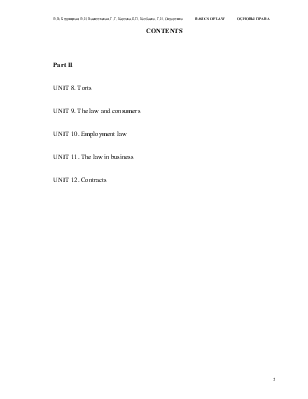
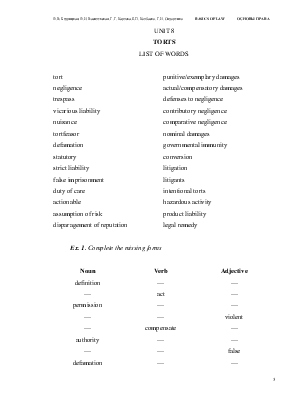
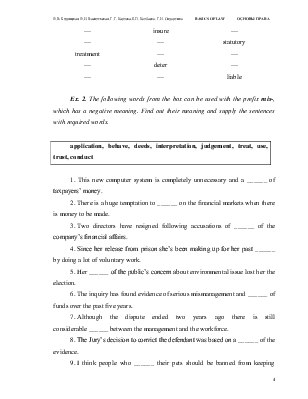
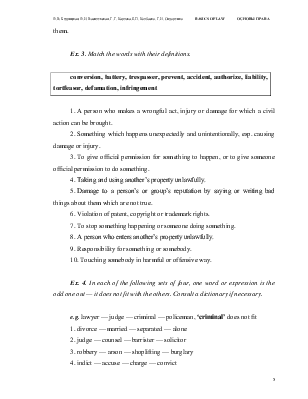
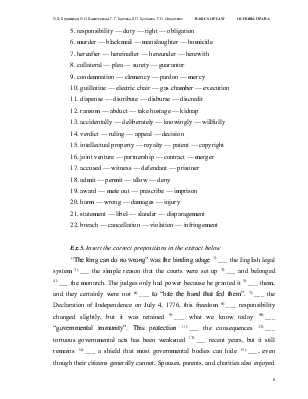
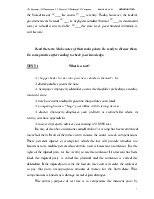
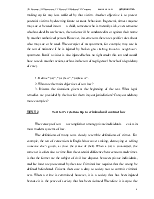
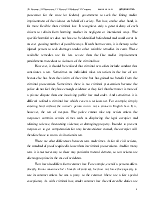
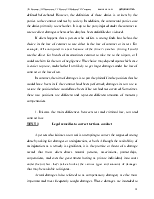
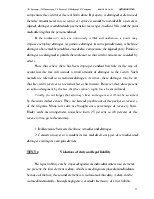
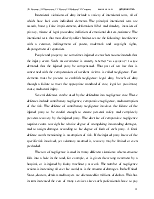
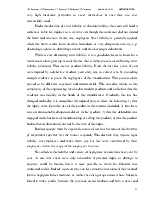
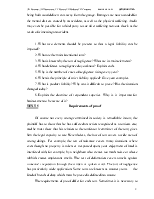
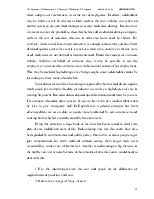
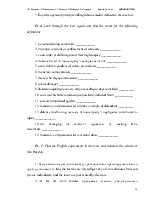
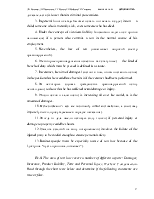
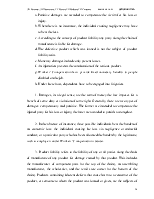
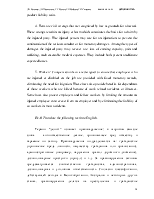
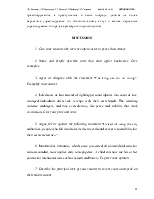
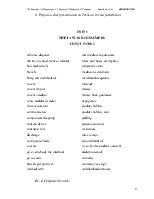
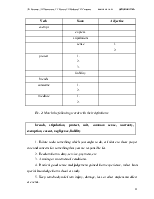
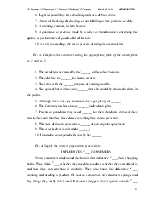
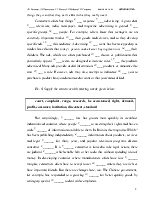
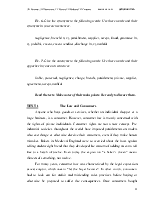
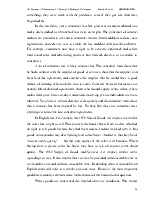
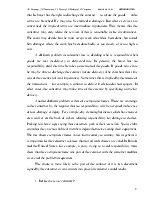
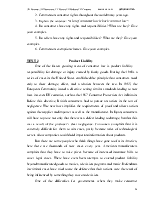
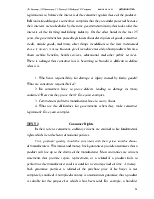
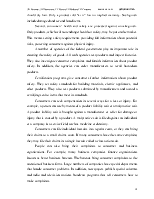
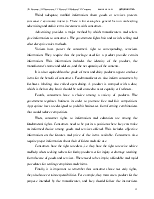
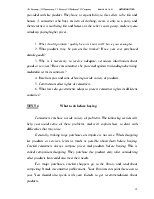
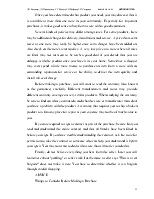
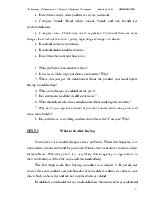
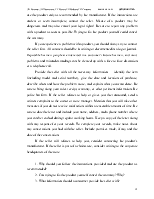
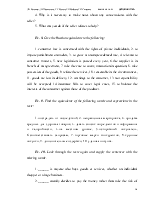
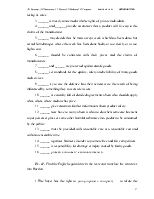
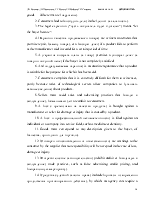
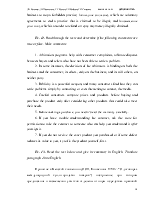
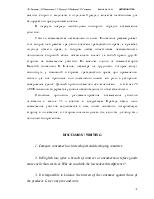
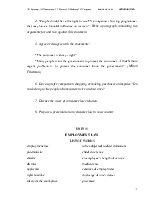
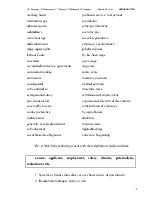
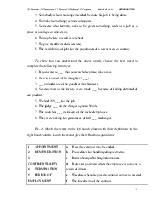
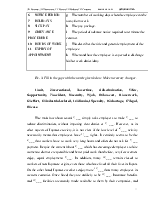
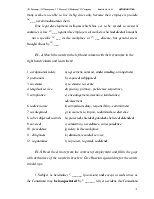
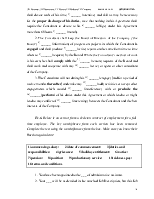
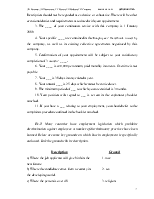
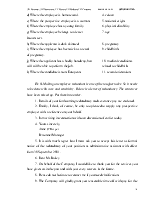
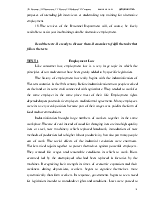
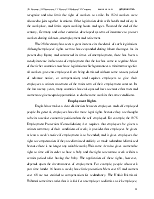
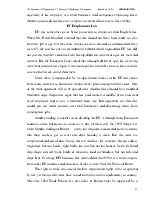
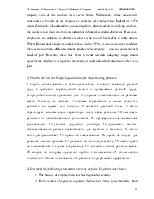
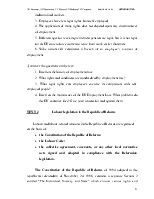
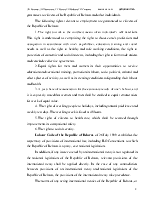
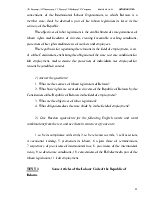
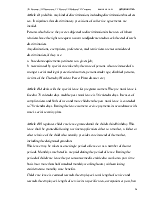
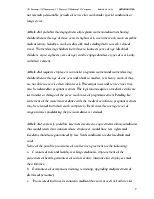
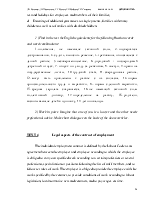
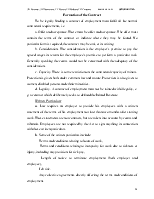
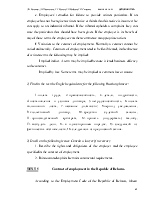
They also test products submitted by manufacturers and award a certifying seal to items that meet its standards.
Consumers can seek compensation in several ways for a loss or injury. For example, a person can sue by means of a product liability suit or a malpractice suit. A product liability suit is brought against a manufacturer or seller for damage or injury that is caused by a product. A malpractice suit is filed against an individual or a company in a service field, such as medicine or dentistry.
Consumers can file individual lawsuits in a regular court, or they can bring their claims to a small-claims court. If many consumers have the same complaint, they may file their claims in a single lawsuit called a class action suit.
People can also bring their complaints to consumer and business organizations. For example, many business companies finance organizations known as better business bureaus. The bureaus bring consumer complaints to the attention of business firms. Large numbers of companies have special departments that handle consumer problems. In addition, newspapers publish special columns and radio and television stations broadcast programs that tell consumers how to make complaints.
Third, adequate, truthful information about goods or services protects consumers’ economic interests. There is for example a general ban on misleading advertising and unfair terms in contracts with consumers.
Advertising provides a major method by which manufacturers and sellers give information to consumers. The government fights bait-and-switch selling and other deceptive sales methods.
Various laws protect the consumer's right to corresponding, veracious information. They require that the package used for a product provide certain information. This information includes the identity of the product, the manufacturer's name and address, and the net quantity of the contents.
It is also required that the grade of meat and dairy products appear on those items for the benefit of consumers. Food manufacturers also inform consumers by freshness labeling, also called open dating. A product is stamped with a date, which is the last day that it should be sold or used to assure quality or freshness.
Fourth, consumers have a choice among a variety of products. The government regulates business in order to promote free and fair competition. Appropriate laws are designed to prohibit businesses from forming combinations that would reduce competition.
Then, consumer rights to information and education are among the fundamental rights. Consumers need to be put in a position where they can make an informed choice among goods and services offered. This includes objective information on the features and price of the items available. Consumers also require proper information about their efficient and safe use.
Consumers have the right to redress, i.e. they have the right to receive advice and help when seeking redress
Уважаемый посетитель!
Чтобы распечатать файл, скачайте его (в формате Word).
Ссылка на скачивание - внизу страницы.